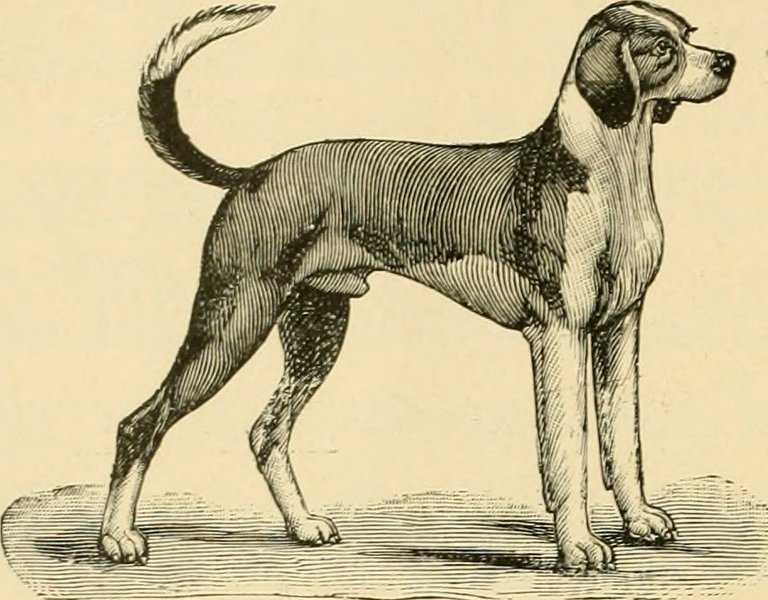Tapeworms have a lot of effects on both humans and animals alike, I have written about their strong effects a couple of times on this page. Today, we will be considering another health effect on animals and humans that is caused by the same tapeworm.

Source
Hydatid disease is a great topic of discussion, it is also known as cystic echinococcosis, it is a parasitic infection caused by tapeworm. The presence of this infection could cause cysts to grow in your liver and other organs.
Hydatid disease is caused by tapeworm eggs. Tapeworms often reside in hosts like dogs and sheep, but humans can get it too, that is only when there is an accidental or intentional consumption of anything that has been infected with the parasite.
This disease is caused by the tapeworm from the genus, Echinococcus, a species of tapeworm that is only a few millimeters long. Just like other species of tapeworms, their life cycle usually involves two animals.
The first type of animal is a carnivore, which is the definitive host, this is where the adult worms reside in the intestines. The second animal is almost any mammal including humans, who could even be the intermediate host, over here, the worm gets to form cysts in various organs.

Source
The most widespread cycle of infection is often between dogs and sheep. When dogs are fed with fresh offal or when they scavenge the carcasses of infected cysts which are already infected.
There is usually a similar cycle between horses, dogs camels, etc. Adult worms reside in the small intestine of their definitive host and then reproduce by releasing eggs into the environment in the feces of the host animal. The eggs are adapted properly to be able to survive in the environment for as long as a year in cool, moist conditions.
The journey to the formation of hydatid cysts.
Fresh eggs, are usually sticky and may adhere to the fur of definitive hosts that will facilitate their spread. Intermediate hosts, on the other hand, will ingest the eggs incidentally during grazing, drinking, or foraging.
The eggs will hatch in the small intestine, between larvae that penetrate the wall of the gut, and are carried in the circulatory system to different organs, it is at this point the cysts called hydatid cysts are formed.
Their life cycle becomes complete when the cysts get ingested by a carnivore's definitive host, the larvae are released from the cyst further into the small intestine and then develop into an adult tapeworm that will produce eggs to be released into the environment.
Echinococcosis is a severe zoonotic infection with the rate of human infection reported to be among 100,000 or more. People who work around animals, laboratory workers, and dog owners, stand a high chance of being infected.
In humans, the cyst of E.granulosus often grows in organs like the lungs or liver, resulting in a disease of lung or liver deficiency. Although, a rare situation, cysts form in the bone leading to spontaneous fractures, or in the brain causing neurological signs.
In humans, treatment would often have to do with surgery which is to remove or drain cysts or liver resection, alongside the use of long-term chemotherapy with parasiticides to kill larvae or prevent them from growing back after a successful surgery has been carried out.

Source
The disease may not even show symptoms for years, but as the hydatid cyst grows in the lungs, liver, or other organs in the body, it begins to show symptoms in the form of, cough, hives or skin rash, bloody stool, jaundice, discomfort in the abdomen or chest, nausea, unexplained weight loss, and breath shortage.
The best way to save yourself from the stress that accompanies a disease or infection is to look out for ways to avoid them if possible, the few points I will be dropping below will help out a lot.
Dogs who have, anthelmintic should be treated on time to kill the adult tapeworm.
Sheep and other livestock should be vaccinated for protection against the development of the larval stage of E.granulosus.
Strict hygiene methods should be followed by laboratory workers.
Prevent dogs from eating infected sheep.
Dogs should be dewormed regularly.
Wash fruits and vegetables properly before consumption.
Make it a regular habit to wash your hands with soap and water.
References.
woah.org/en/disease/echinococcosis
business.qld.gov.au/industries/farms
nadis.org.uk/disease-a-z/sheep/endoparasites
